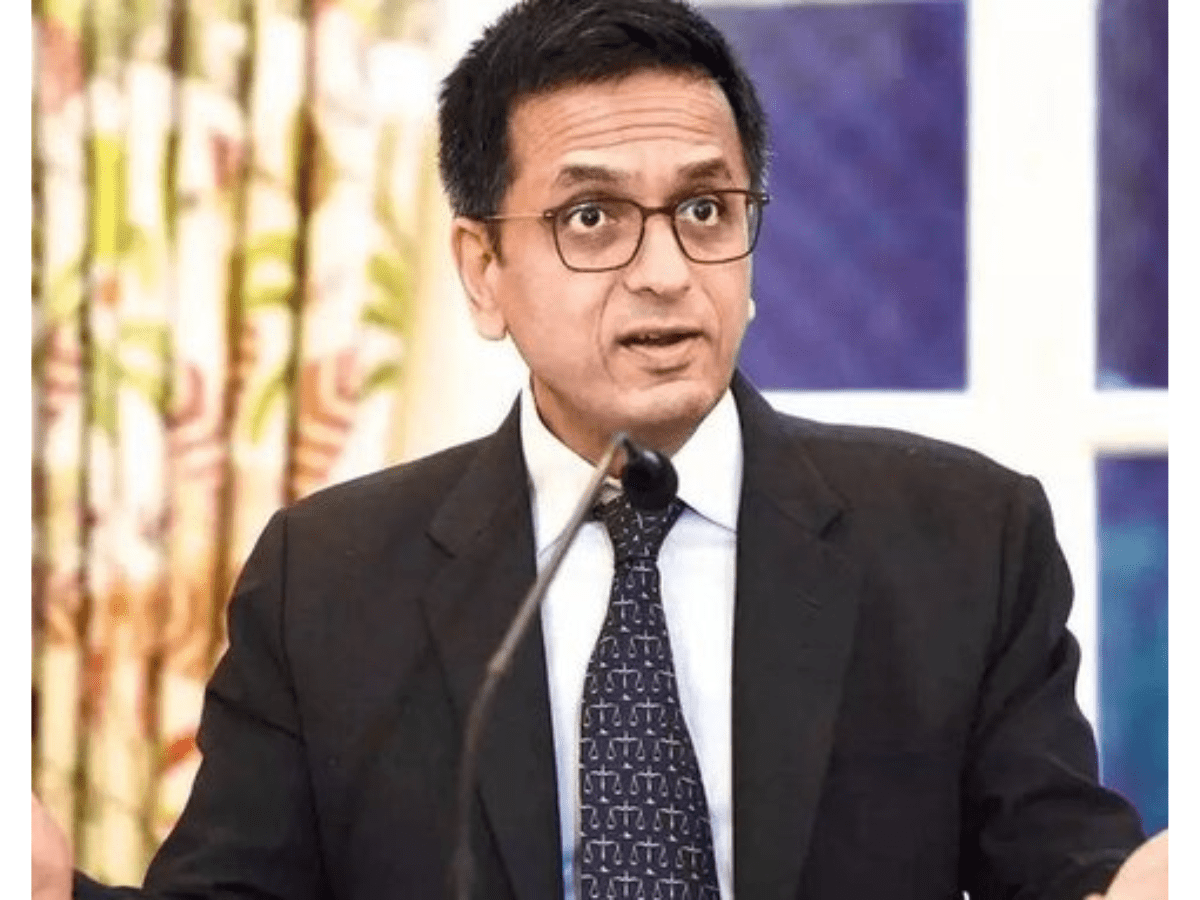
New Delhi: On the occasion of Independence Day, Chief Justice of India DY Chandrachud on Tuesday said the apex court was planning to expand its building.
Celebrating Independence Day at the Supreme Court lawns, CJI said the new building will have 27 additional courtrooms, 4 registrar courtrooms, and adequate facilities for lawyers and litigants
Asserting the need to overhaul judicial infrastructure at the earliest, he said that in the first phase, the museums and annexure building will be demolished to create 15 courtrooms, meeting rooms for Supreme Court Bar Association (SCBA) and Supreme Court Advocates-on-Record Association (SCAORA) and women’s bar rooms.
In the Second Phase, some demolition of the existing building will take place to create 12 additional courtrooms, the CJI said.
He also apprised the gathering about the proposal submitted to the Central government and that the file is now with the Department of Justice.
Later, he also mentioned Prime Minister Narendra Modi’s address at the Red Fort, where the PM said the apex court has decided that the operative part of the judgments will be translated into the litigant’s language.
CJI said that till now 9,423 judgments have been translated into regional languages including 8000 plus judgments in Hindi. He said that they aim to translate all 35,000 judgments in all Indian languages and this will also facilitate the use of regional languages in courts.
On E-courts, the CJI said, “They say – sunshine is the best disinfectant. I say – technology is the best tool at our disposal to eliminate the inefficiency and opacity surrounding the judicial processes. We have to tap into the full potential of technology to overcome the procedural barriers to justice. In pursuance of this, we are implementing the Phase III of the e-Courts project.”
Phase III of the e-Courts project seeks to revolutionize the working of courts in India by inter-linking all courts across the country, setting up the infrastructure of paperless courts, digitization of court records, and setting up advanced e-sewa Kendra in all court complexes, he said.
“Our aim is to create a judicial system that is more accessible, cost-effective, and affordable for every individual who seeks justice. We are already striving to make the court premises and court services disabled-friendly. For instance, we have operationalized screen-readable website and case files to remove the barriers faced by the blind community in accessing the court services,” the CJI said.
In his address, CJI also acknowledged institutions such as media, bureaucracy, political parties, and voluntary organisations and said that they also have an important role in bringing development to constitutional democracy. He said that each institution has contributed to the development of this democracy and the legislature, executive and judiciary have been committed towards nation-building.
Speaking on the occasion, the Union law minister Arjun Ram Meghwal said he will ensure more number of lawyer chambers are set up. Besides, he also mentioned he will consider a bill for the protection of advocates, but did not throw much light on it.
On India becoming a developed nation, he said the country has set a target and now it is time to make a proper roadmap. Prime Minister Narendra Modi from the ramparts of Red Fort said last year the country should take a pledge of being a developed nation in its Amrit Kaal – by 2047.
Supreme Court Bar Association President Adish C Aggarwala, in his address, said that the retirement age of supreme court judges should be increased from 65 to 68. He also welcomed the Centre for the proposal of bringing three new bills to revamp criminal laws and replace the existing laws.
